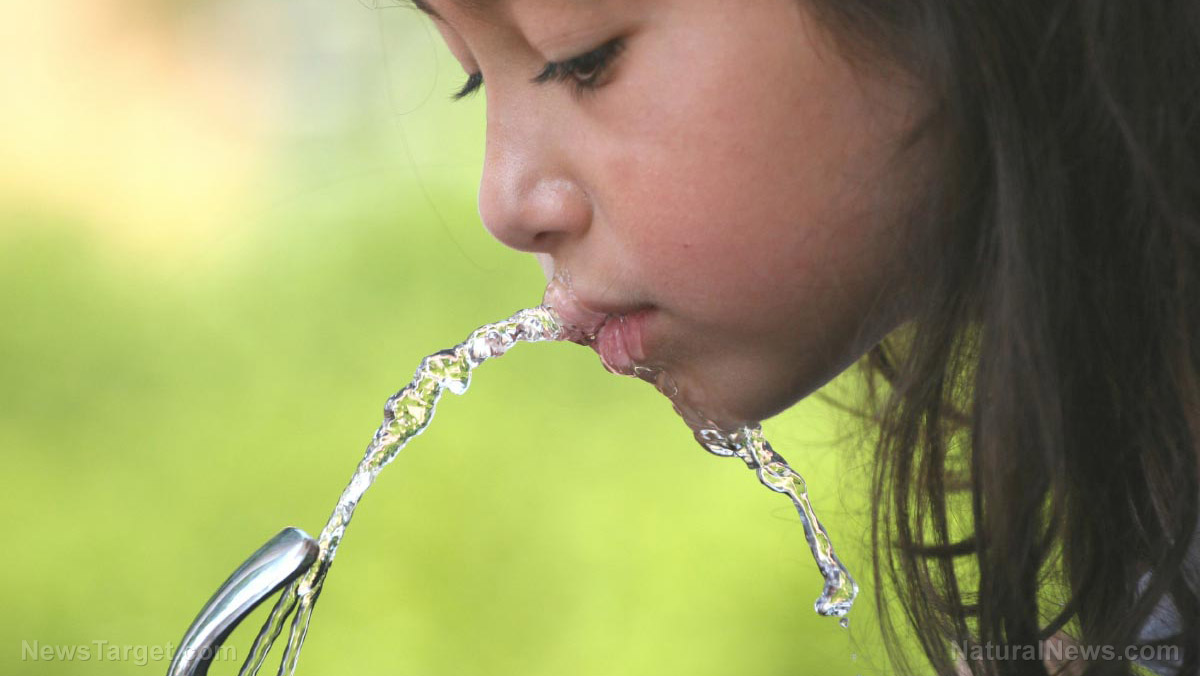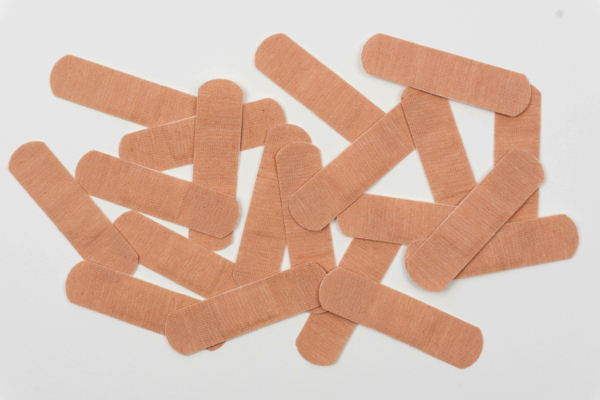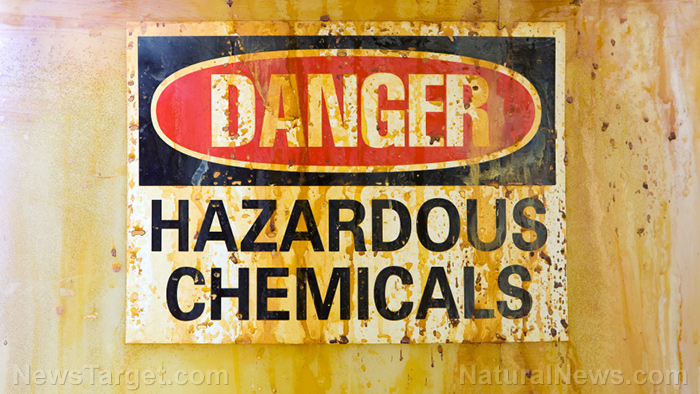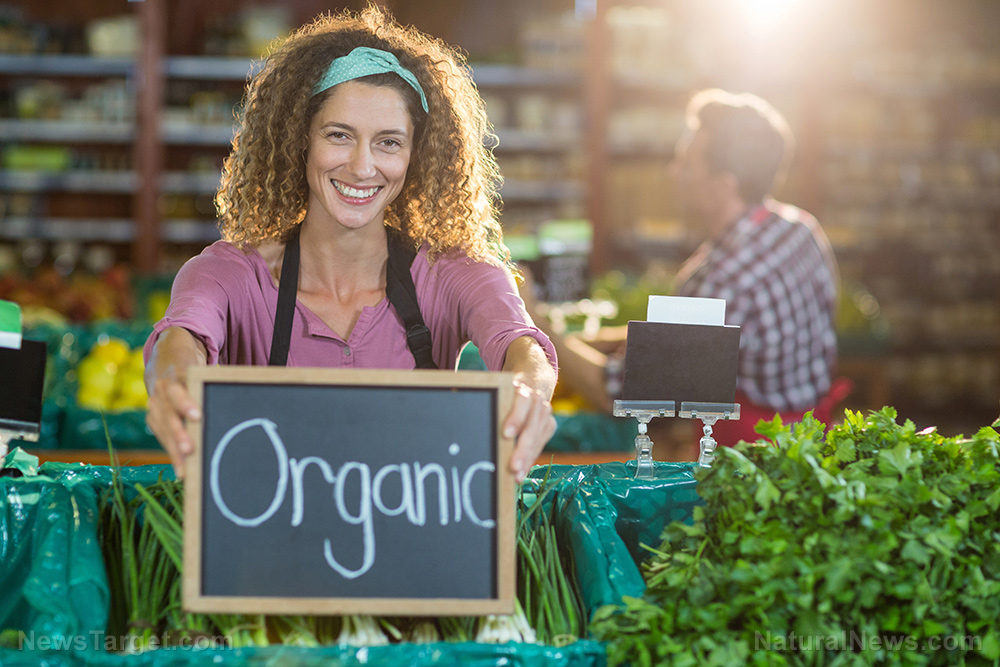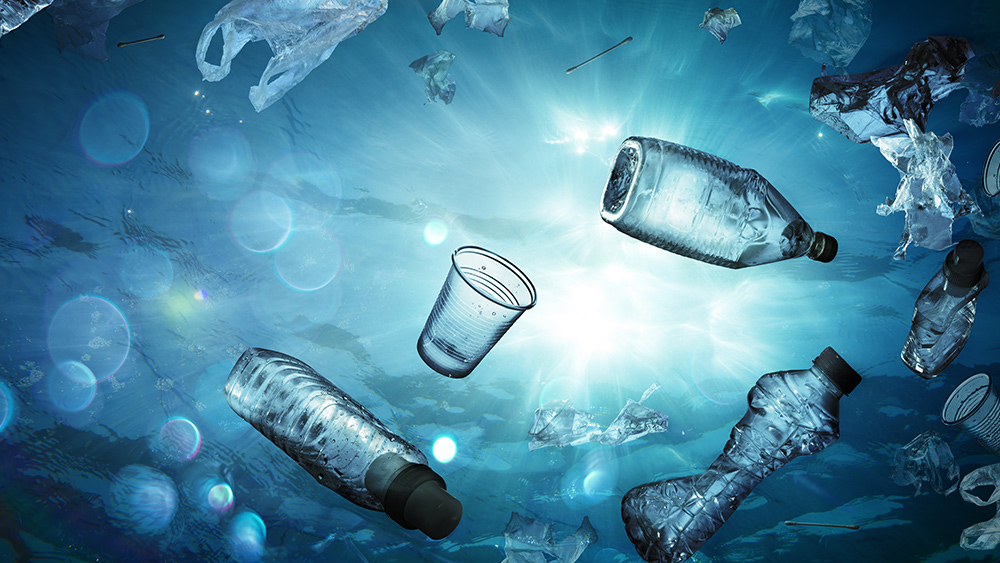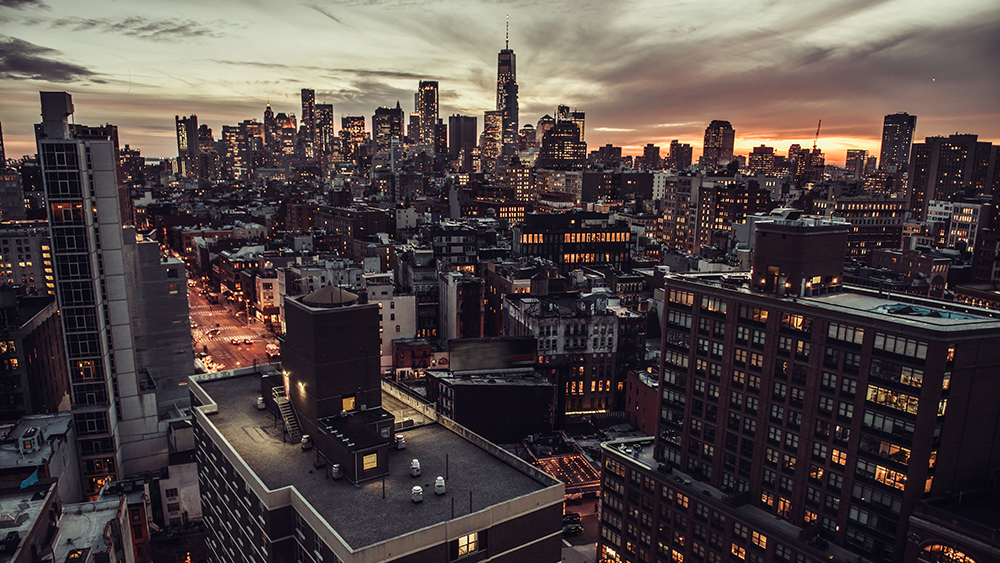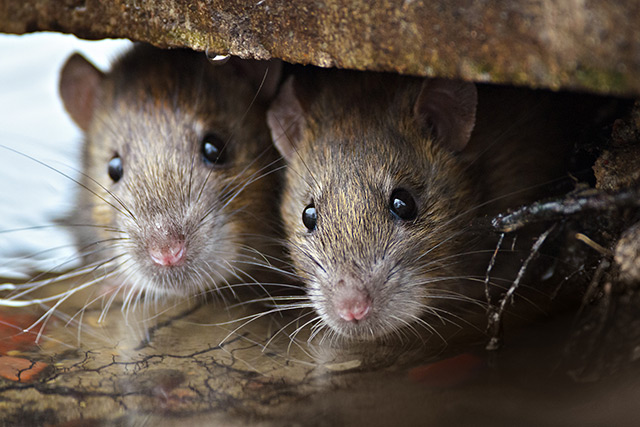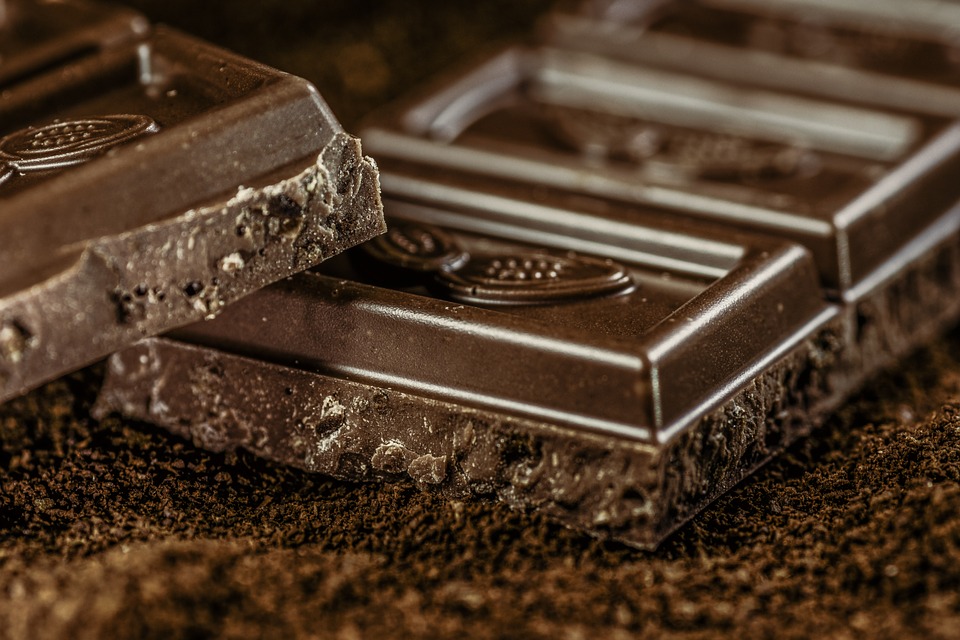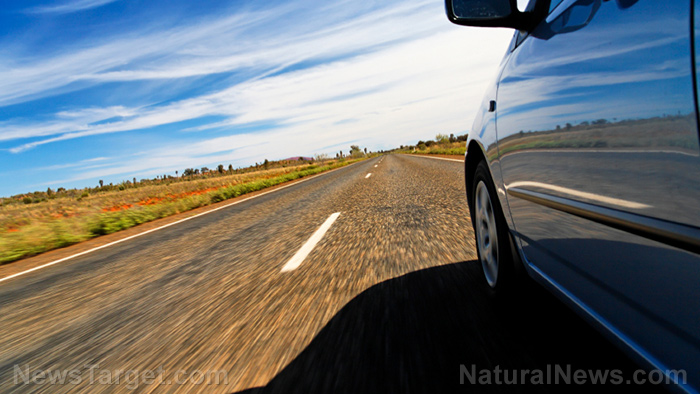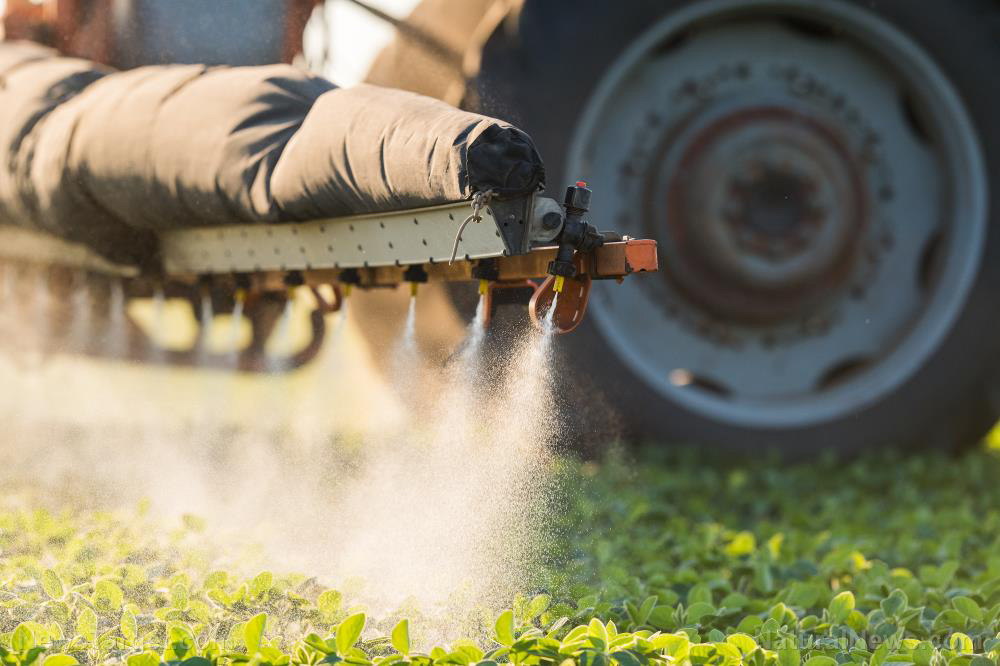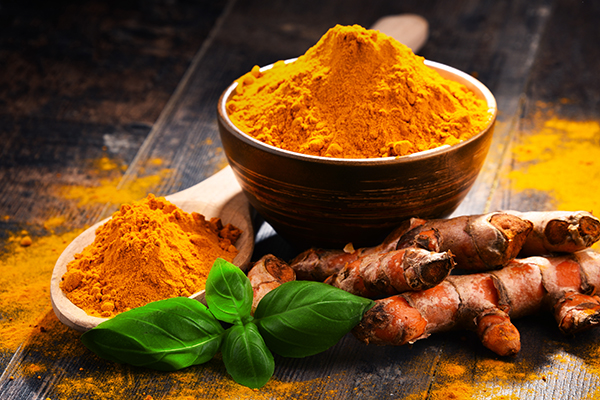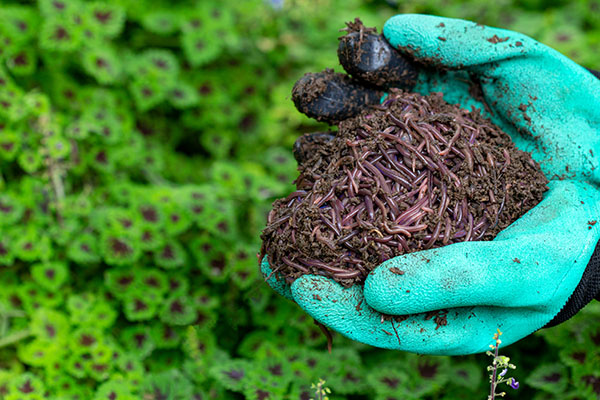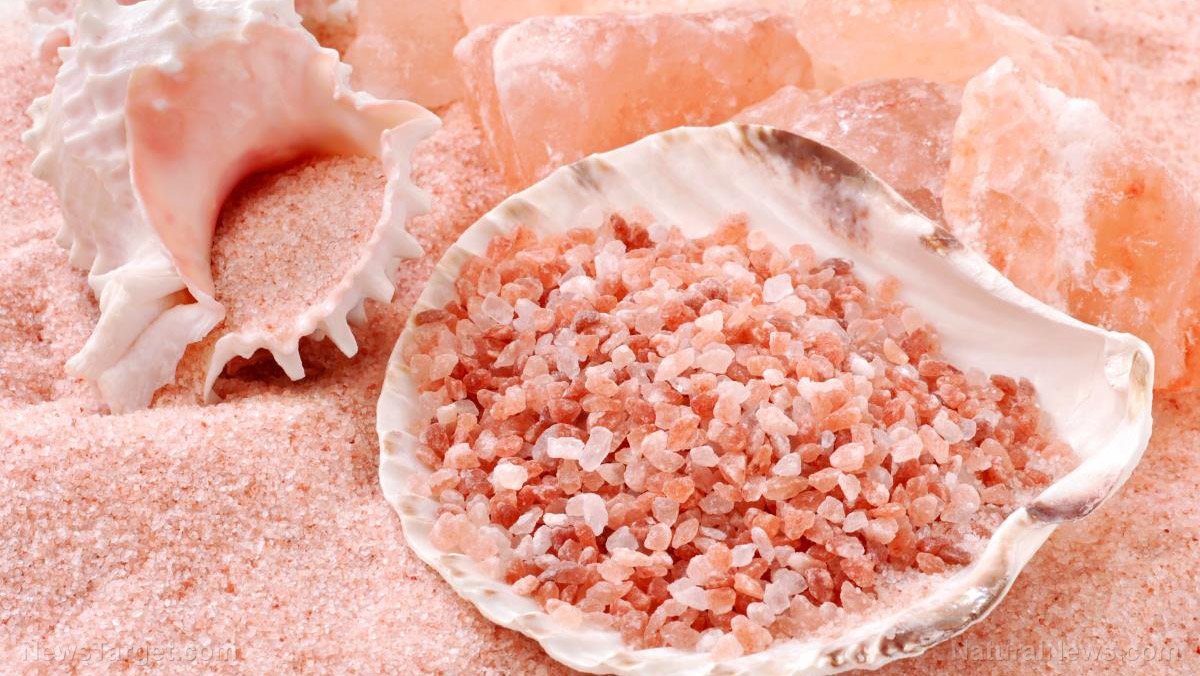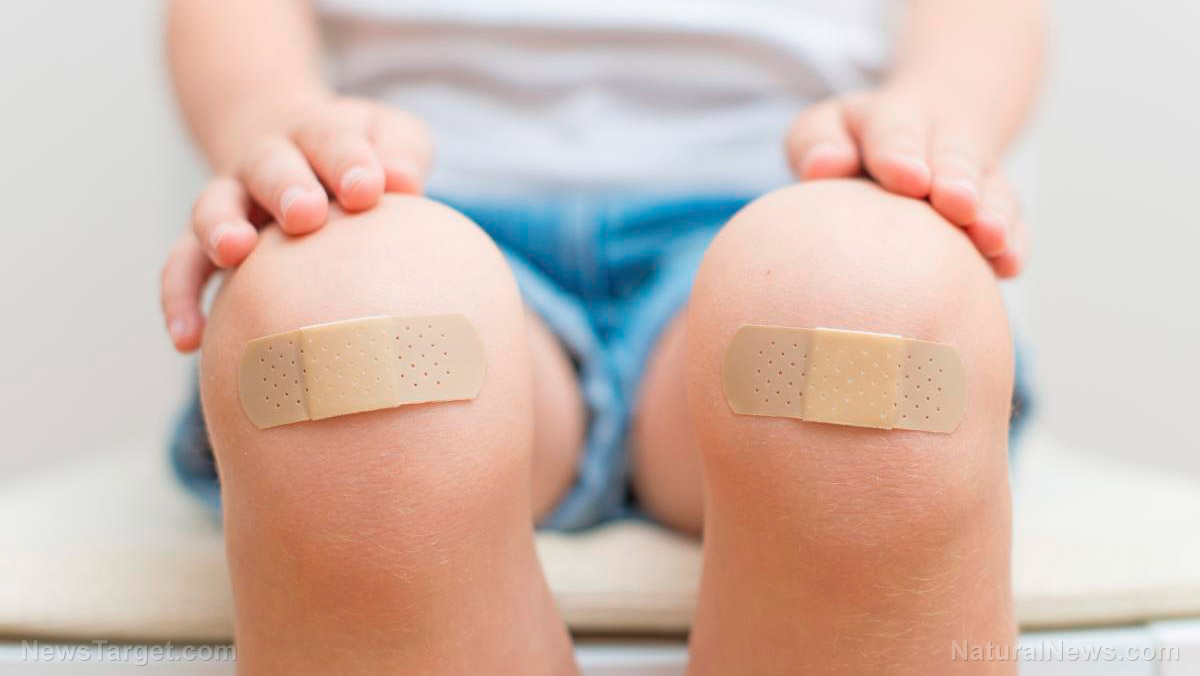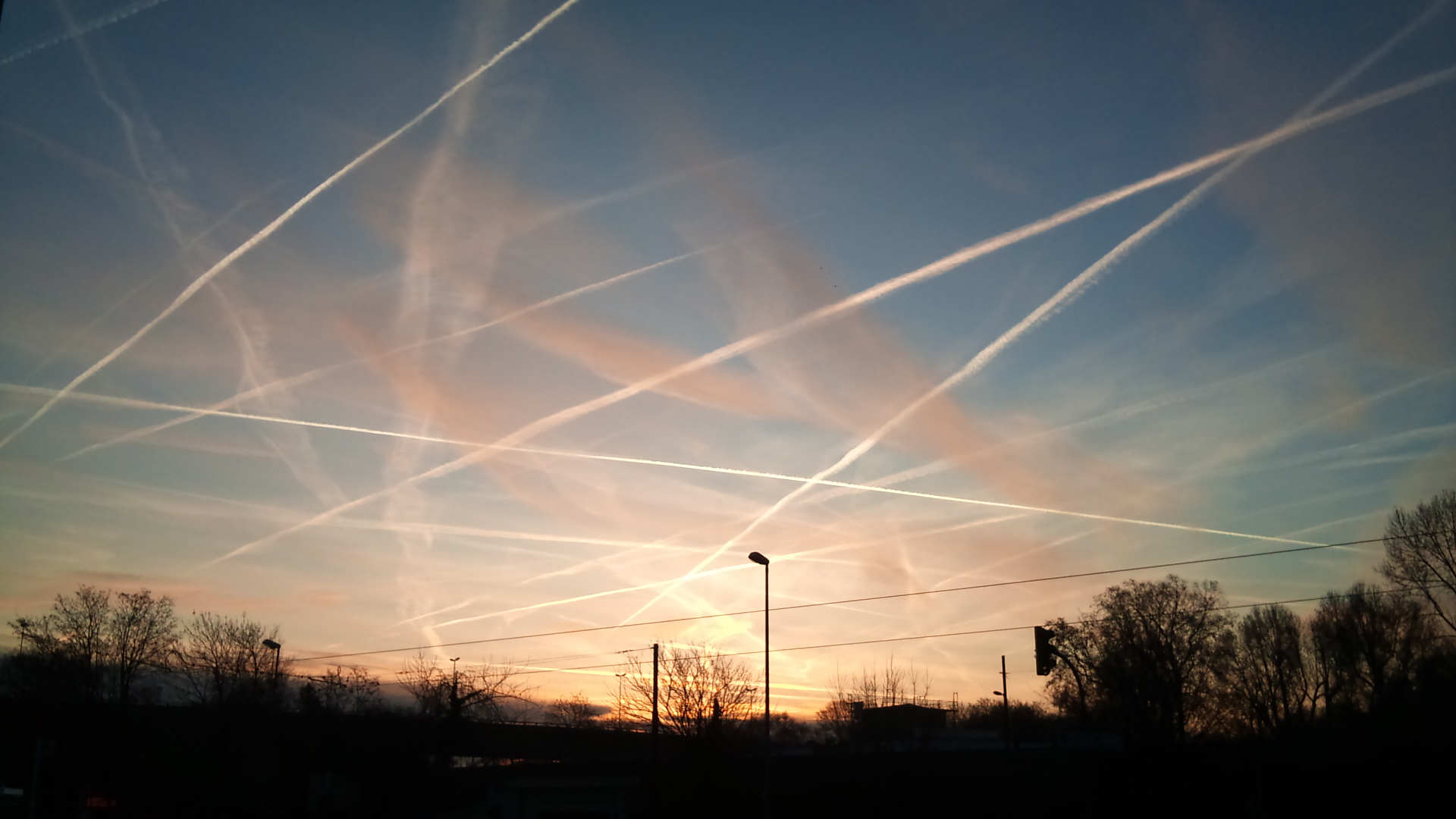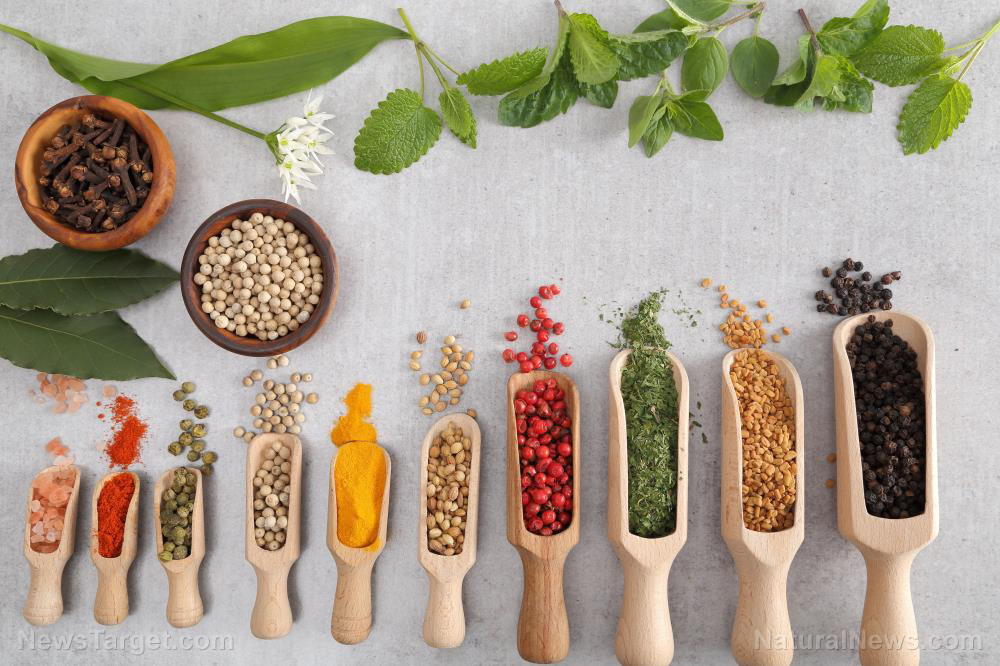Study: Soft drink giants Coca-Cola and Pepsi are the TOP 2 brands that contribute to global PLASTIC POLLUTION
04/26/2024 / By Ramon Tomey
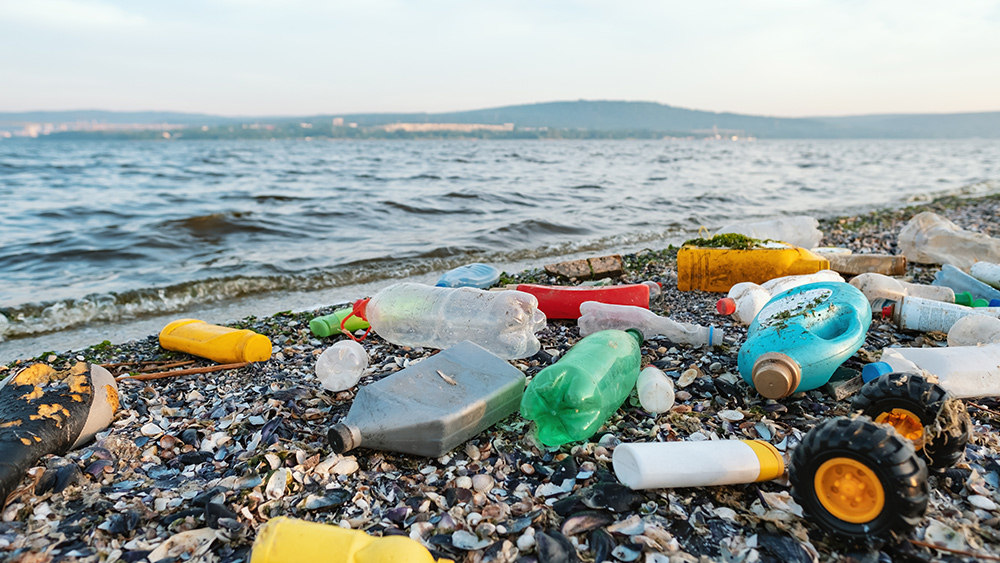
Soft drink giants The Coca-Cola Company and PepsiC0 are the top two brands that drive the global plastic pollution crisis, according to a study.
The study published in Science Advances looked at data from over 1,500 trash surveys conducted by volunteers in 84 countries between 2018 and 2022. These surveys involved more than 1.8 million pieces of plastic waste found in parks, beaches, streets and other public spaces. They also noted the brands and labels on every piece of litter.
Of the brands analyzed, five stood out. Together, these five made up 24 percent of the total number of plastic waste audited:
- The Coca Cola Company – 11 percent
- PepsiCo – five percent
- Nestle – three percent
- Danone – three percent
- Altria – two percent
“It is important to note that the contributions of the top companies may be an underestimation because there were brands that were not attributed to any company, and there were many unbranded objects,” the study authors wrote. Moreover, they also found that 56 companies accounted for more than 50 percent of documented plastic waste.
“We found over 50 percent of plastic items were unbranded, highlighting the need for better transparency about production and labeling of plastic products and packaging to enhance traceability and accountability. Additionally, we recommend development of international standards around the branding of packaging to facilitate their identification.”
According to the paper, the majority of companies above the study’s trend line were typically food and beverage (F&B) companies while those below were mostly household and retail companies.
We are building the infrastructure of human freedom and empowering people to be informed, healthy and aware. Explore our decentralized, peer-to-peer, uncensorable Brighteon.io free speech platform here. Learn about our free, downloadable generative AI tools at Brighteon.AI. Every purchase at HealthRangerStore.com helps fund our efforts to build and share more tools for empowering humanity with knowledge and abundance.
“F&B products tend to have shorter time periods of use before disposal, including a higher percentage of single-use items,” the researchers explained. “[They] also have a higher likelihood of being consumed on-the-go, while household and retail products have a higher likelihood of being consumed within buildings – and are thus less likely to escape materials management infrastructure and leak into the environment.”
Single-use plastics have a big impact
“The prevalence of F&B companies – particularly those that specialize in single-use plastic products – above the trend line … and retail and household goods companies below the line suggests that single use packaging disproportionately contributes to branded plastic pollution,” they continued. “Waste management systems play a role in addressing the problem, but are insufficient on their own to eliminate plastic [pollution in] the environment.”
According to the study authors, the strong link between a company’s total plastic pollution numbers and the amount of branded plastic pollution demonstrates that stemming the plastics crisis will require major companies – such as the five mentioned – to significantly reduce the production of disposable and single-use plastic packaging. Thus, the onus is on major corporations to phase out wasteful single-use plastics, invest in reusable product delivery systems and innovative non-plastic packaging alternatives.
“Reduced plastic production is a primary solution to curb plastic pollution,” the researchers concluded. “Producer brand managers and policymakers should prioritize solutions that reduce plastic production.”
Coca-Cola, the No. 1 company that accounted for branded plastic waste in the study, boasted several endeavors to “address plastic pollution.” The Atlanta-based company is known for its soft drinks and juices in plastic bottles and aluminum cans.
In a post on its website, the beverage maker claimed 61 percent of the equivalent bottles and cans it introduced into the market in 2022 were either collected and refilled or collected for recycling. It also touted that 90 percent of its packaging is recyclable globally – even though doing so further spreads far more dangerous microplastics in the environment.
“We deliver our beverages in a variety of packaging formats from glass and PET [polyethylene terephthalate] bottles, to aluminum cans, to refillable packaging. Since glass, aluminum and PET plastic are all recyclable materials, they all can play a role in a circular economy,” the company stated. (Related: Coca-Cola responsible for polluting the earth with 100 BILLION plastic bottles, reveals alarming investigation.)
Head over to Pollution.news for similar stories.
Watch this video explaining how humans are turning the world into plastic due to plastic pollution.
This video is from the Smile For Science channel on Brighteon.com.
More related stories:
Researchers develop blend of bioplastics that can decompose under diverse conditions
Over four billion pieces of plastic are polluting a remote Pacific island.
Sources include:
Submit a correction >>
Tagged Under:
This article may contain statements that reflect the opinion of the author

